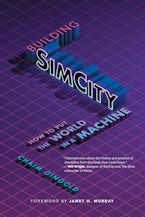A new approach to understanding the culture of ubiquitous connectivity, arguing that our dependence on networked infrastructure does not equal addiction.
In this book, Susanna Paasonen takes on a dominant narrative repeated in journalistic and academic accounts for more than a decade: that we are addicted to devices, apps, and sites designed to distract us, that drive us to boredom, with detrimental effect on our capacities to focus, relate, remember, and be. Paasonen argues instead that network connectivity is a matter of infrastructure and necessary for the operations of the everyday. Dependencies on it do not equal addiction but speak to the networks within which our agency can take shape.
Paasonen explores three affective formations—dependence, distraction, and boredom—as key to understanding both the landscape of contemporary networked media and the concerns connected to it. Examining social media platforms, mindfulness apps, clickbaits, self-help resources, research reports, journalistic accounts, academic assessments, and student accounts of momentary mundane technological failure, she finds that the overarching narrative of addicted, distracted, and bored users simply does not account for the multiplicity of things at play. Frustration and pleasure, dependence and sense of possibility, distraction and attention, boredom, interest, and excitement enmesh, oscillate, enable, and depend on one another. Paasonen refutes the idea that authenticity can be associated with lives led “off the grid” and rejects the generational othering and scapegoating of smart devices prescribed by conventional wisdom.












